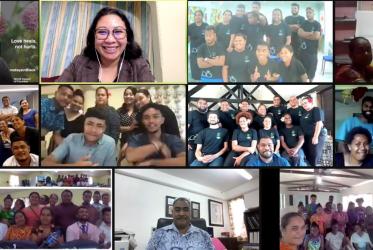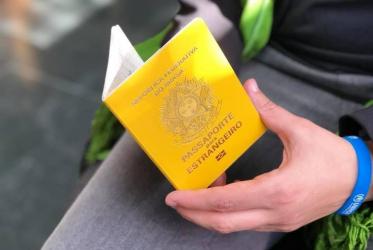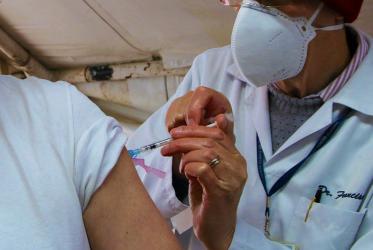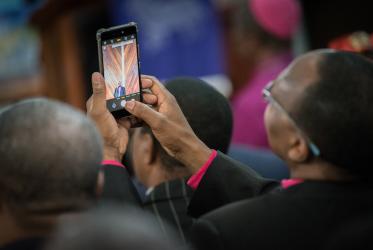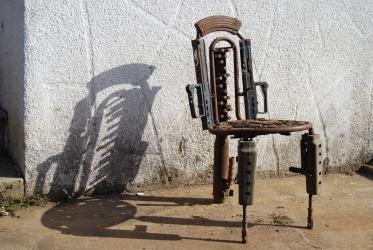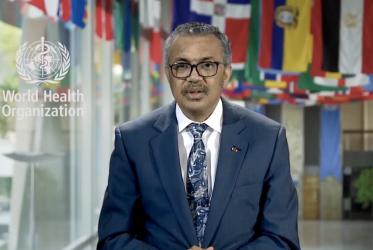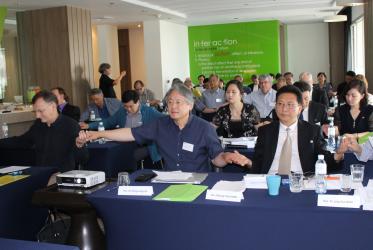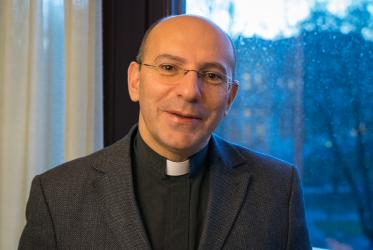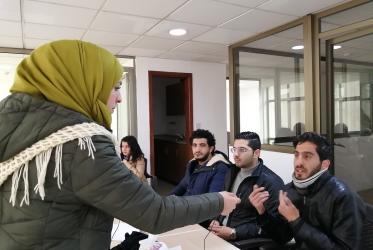Displaying 41 - 60 of 276
Peace and unity on the Korean Peninsula matters globally
25 February 2021
A hopeful, but not optimistic Palestinian ecumenist
09 December 2020
In a COVID-stricken world, “everyone is important”
23 October 2020
Are migrants seen and heard? Conference presses the question
19 October 2020
